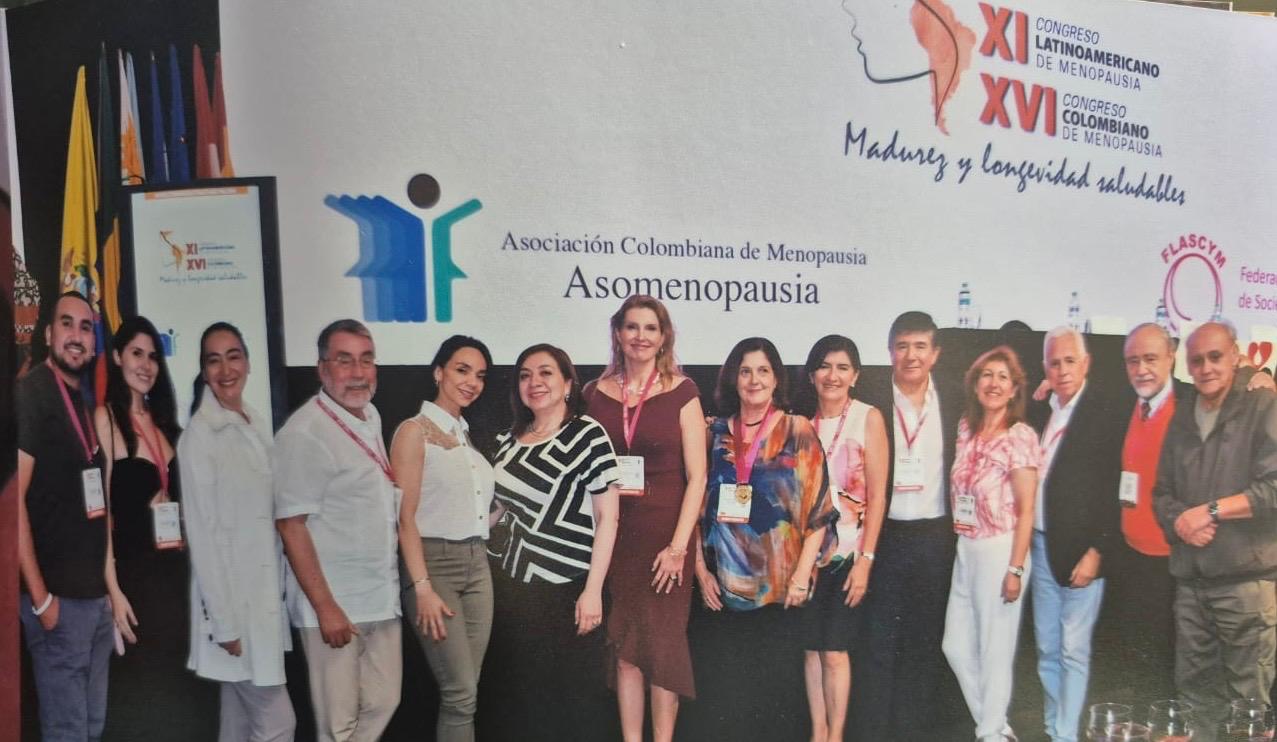Unar-Munguía M, Torres-Mejía G, Colchero MA, González de Cosío T.
BACKGROUND: Breastfeeding reduces women’s risk of breast cancer. Since exclusive breastfeeding has a stronger hormonal effect, it could theoretically result in a greater reduction in breast cancer risk than any breastfeeding mode. No meta-analysis has examined breast cancer risk by breastfeeding mode. Research aim: The authors conducted a meta-analysis for breast cancer risk in parous women who breastfed exclusively or in any mode versus parous women who formula fed their infants, and they estimated the summary dose-response association by the accumulated duration of any breastfeeding mode.
METHODS: A systematic review of studies published between 2005 and 2015 analyzing breastfeeding and breast cancer risk in women was conducted in PubMed and EBSCOhost. A meta-analysis ( n = 65 studies) with fixed effects (or random effects, if heterogeneity existed) was carried out stratified by breastfeeding mode and menopausal and parity status. A summary dose-response association was estimated using the generalized least-squares method.
RESULTS: The summary relative risk (SRR) for breast cancer in parous women who breastfed exclusively was 0.72, 95% confidence interval (CI) [0.58, 0.90], versus parous women who had never breastfed. For parous women who breastfed in any mode, the SRR was lower in both premenopausal women (0.86, 95% CI [0.80, 0.93]) and postmenopausal women (0.89, 95% CI [0.83, 0.95]). There was no heterogeneity or publication bias. There is weak evidence of a difference between exclusive and any breastfeeding mode ( p = .08). The summary dose-response curve was nonlinear (p < .001).
CONCLUSION: Exclusive breastfeeding among parous women reduces the risk of breast cancer compared with parous women who do not breastfeed exclusively.
Journal of Human Lactation, 1 de febrero de 2017



